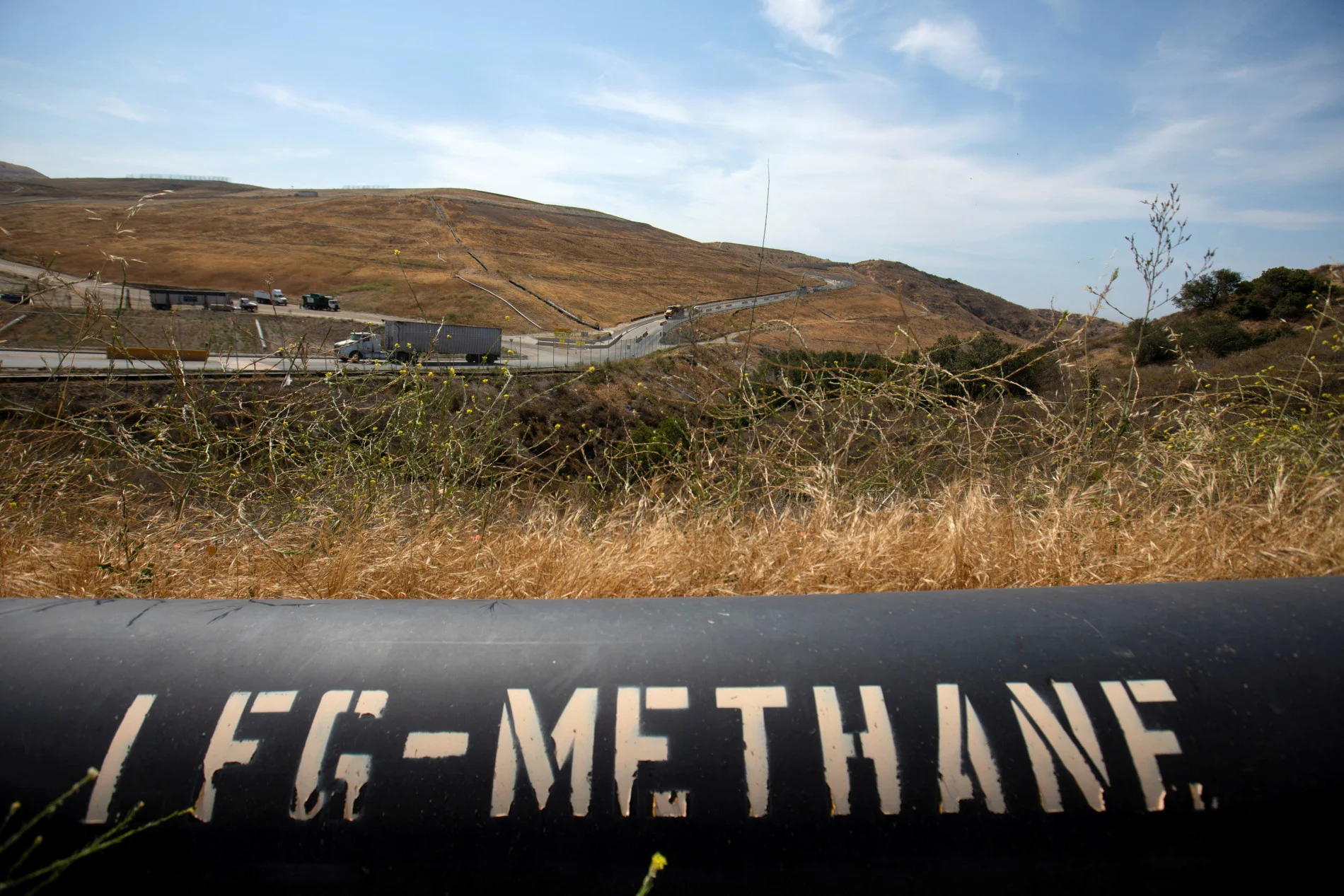
Global methane soars to record levels - NOAA
WASHINGTON (Reuters) - Global levels of the potent greenhouse gas methane rose to a record high for a second consecutive year in 2021, according to data released by NOAA on Thursday, hitting the highest levels since scientists began measuring these emissions nearly four decades ago.
National Oceanic and Atmospheric Administration scientists observed a record annual increase in atmospheric levels of methane, the second most prevalent greenhouse gas after carbon dioxide, of 17 parts per billion (ppb). Fossil fuel production and use contributes nearly one-third of total methane emissions.
The preliminary data underscores how significantly methane has been underestimated by governments and comes after over 100 countries have agreed to collectively slash emissions of the gas by 30% by the end of the decade.
“Reducing methane emissions is an important tool we can use right now to lessen the impacts of climate change in the near term, and reduce the rate of warming,” NOAA Administrator Rick Spinrad said in a statement.
The report showed that levels of carbon dioxide also continued to increase rapidly, with the global surface average for carbon dioxide during 2021 at 414.7 parts per million (ppm), an increase of 2.66 ppm over the 2020 average.
While both methane and CO2 warm the atmosphere, the two greenhouse gases are not equal. A single carbon dioxide molecule causes less warming than a methane molecule -- but lingers for hundreds of years in the atmosphere whereas methane disappears within two decades.
Scientists say industrial sources of methane are relatively simple to pinpoint and abate using existing technology.
"The latest increases in methane concentrations reinforce the critical importance of reducing human-caused methane emissions if we are going to slow the rate of increase in warming," said Steven Hamburg, chief scientist at the nonprofit Environmental Defense Fund.
Reporting by Valerie Volcovici; editing by Jonathan Oatis
Thumbnail credit: REUTERS/Mike Blake






